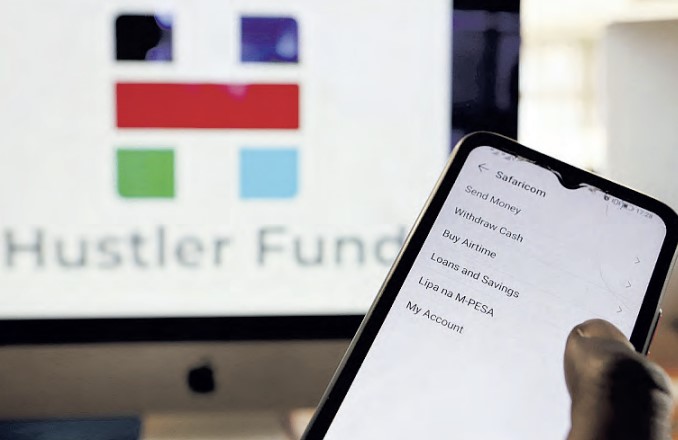

When President William Ruto unveiled the Hustler Fund in November 2022, it was hailed as a lifeline for Kenya’s "hustlers"—the small traders, boda boda riders, and informal workers who form the backbone of the economy.
Two years later, however, the flagship initiative is facing mounting questions over its design flaws, repayment struggles, and political undertones, with experts warning it risks becoming a financial sinkhole.
A study by the Kenya Human Rights Commission paints a stark picture.
Using a mixed-method approach, the research combined secondary data review and primary interviews with fund managers, telecom partners, boda boda riders, traders, and micro-enterprise owners to assess the fund’s performance.
“We are being given Sh300 or Sh500 in the name of the Hustler Fund; what business can you start with such an amount?” one frustrated borrower told researchers.
Joyce Wanja, a shop owner, added: “Even though the Hustler Fund was intended to help businesses, it has provided little benefit to mine. The amount is insufficient to purchase stock; I can only use it for emergencies.”
The findings reveal systemic problems. Loans are repayable in just 14 days, with interest rising from 8% to 9.5% for defaulters.
Unsurprisingly, the default rate hit 68.3% by December 2022, while by June 2023, 78% of arrears were over 90 days overdue.
Some borrowers admitted exploiting the fund’s weaknesses.
“They are telling us to take the loan. I will take it, but not repay it. What will they do to me?” said one Nairobi respondent.
The study also found that informal traders shy away from borrowing due to unstable business environments.
“I cannot take the Hustler Fund because, as a vendor, City Council can come and confiscate my goods, and I will not be able to repay,” explained a roadside trader.
Low financial literacy worsens the problem.
According to the report, 45% of Kenyans rely on friends for financial advice, while only 2.9% receive guidance from financial institutions.
Without training or business development support, many loans fail to spur meaningful enterprise growth.
While some boda boda operators have used the fund for minor needs like servicing motorbikes, its overall impact remains limited.
“With the Hustler Fund, most operators can buy small spare parts and repay after two weeks,” noted a boda boda chairman.
“But for bigger ventures, it is useless.”
KHRC concludes that without realistic loan sizes, longer repayment periods, and integrated financial literacy programmes, the Hustler Fund risks becoming, in its words, “quick money turned dead money”—a politically driven project with little economic benefit for Kenya’s hustlers.
















